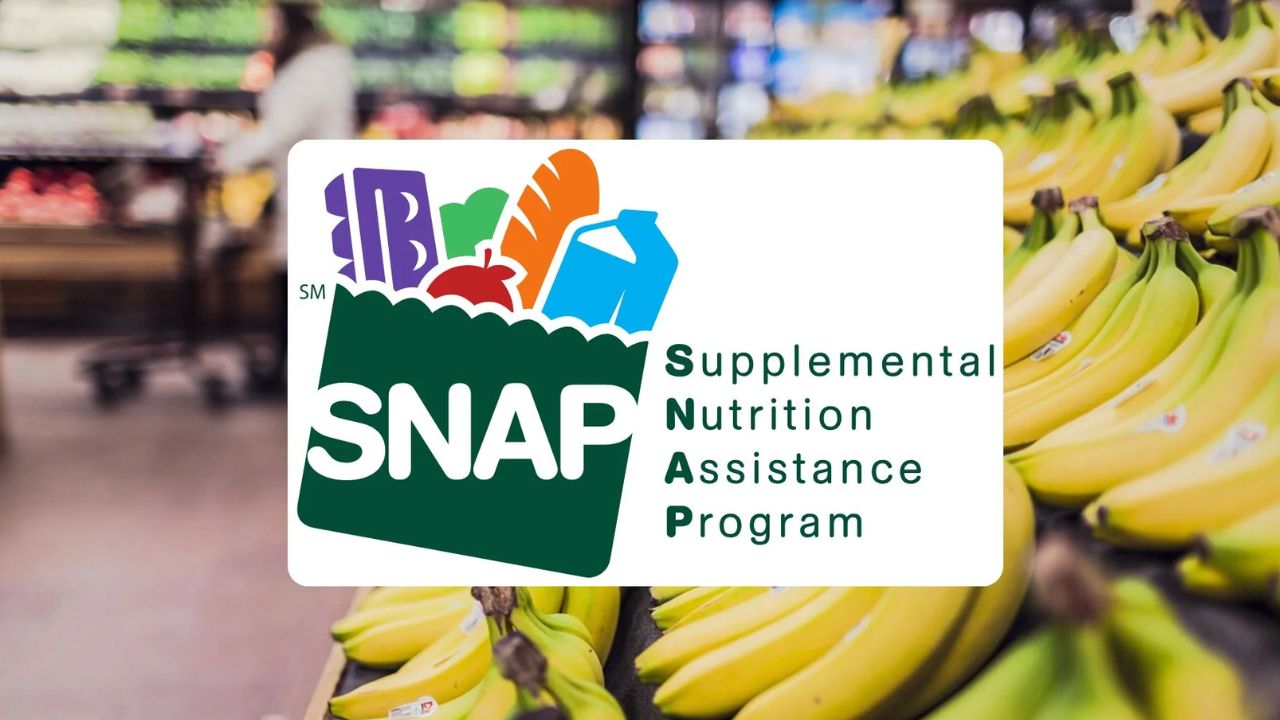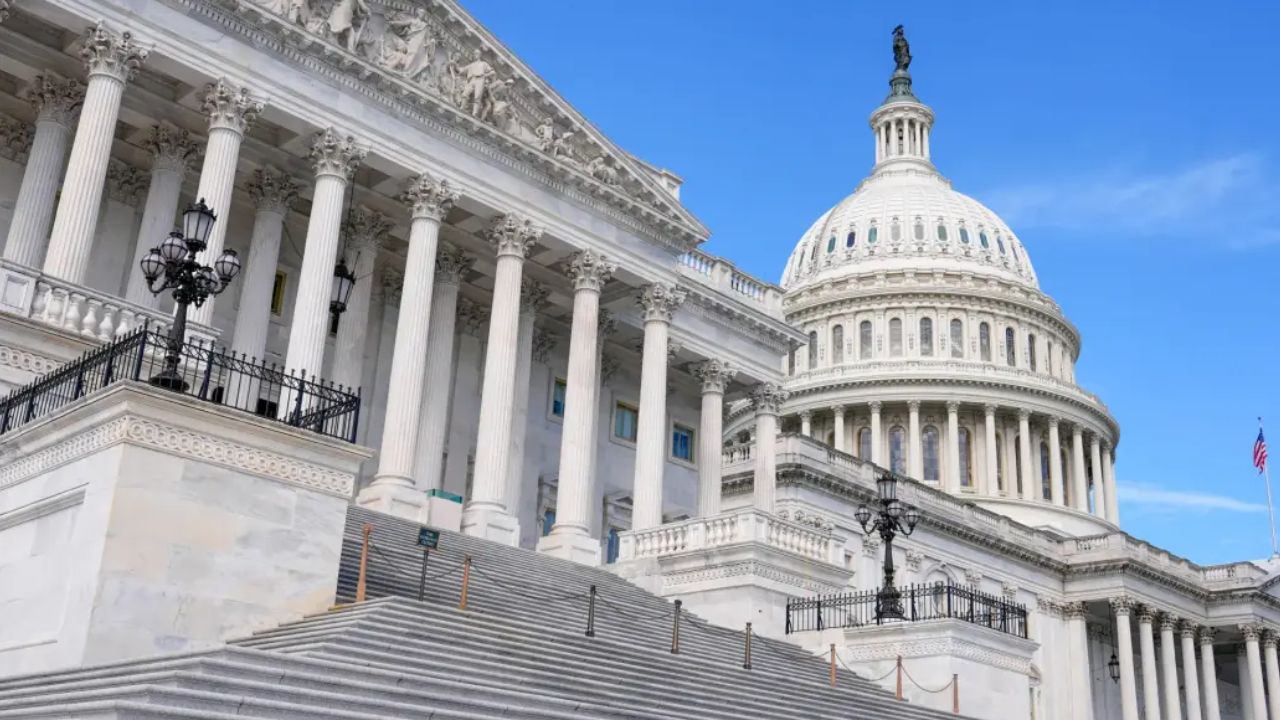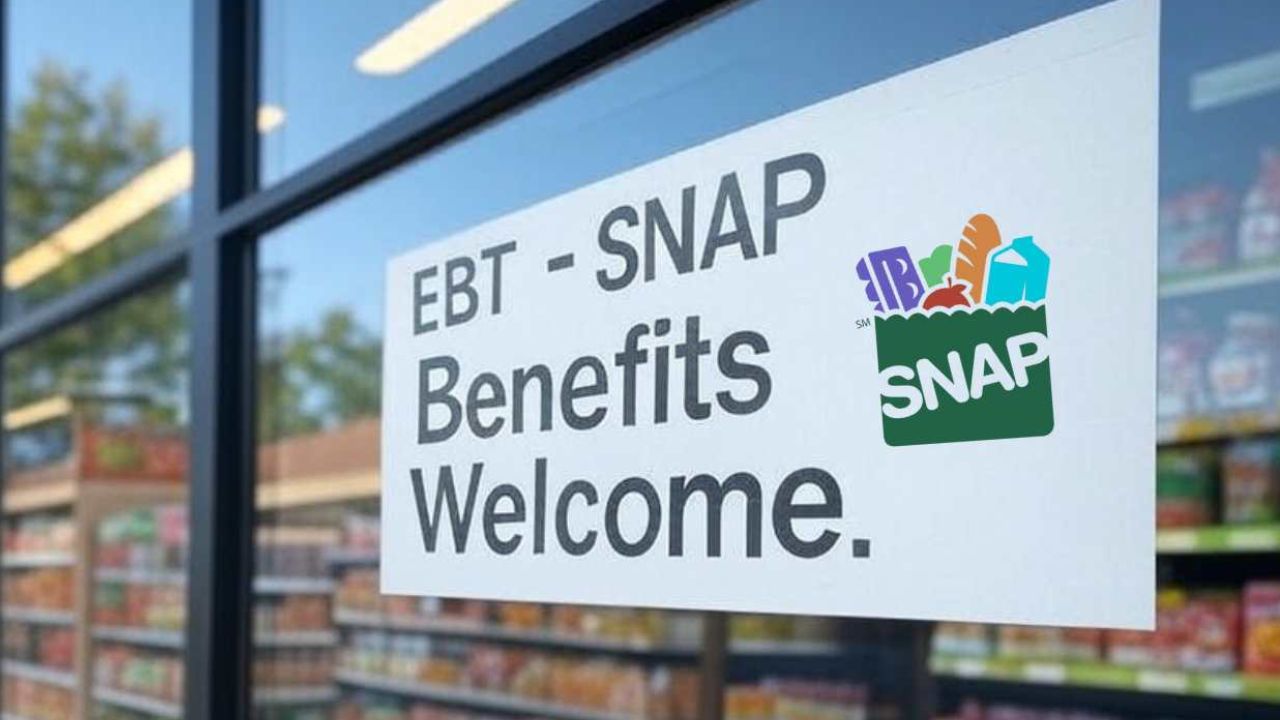County social service departments across New York are bracing for a bureaucratic marathon. Following a new federal directive, thousands of Supplemental Nutrition Assistance Program (SNAP) recipients will soon face stricter eligibility screening — and county offices are scrambling to prepare before the changes hit this November.
The shift stems from a sweeping piece of federal legislation, informally dubbed “The Big Beautiful Bill,” which ends the long-standing USDA waiver program that allowed states like New York to opt out of federal work requirements for certain SNAP recipients. Originally scheduled to expire on February 28, 2026, the Trump administration has now moved up that deadline by five months — to November 2, 2025.
For local social service agencies already stretched thin, that new timeline is a big problem.
What’s Changing for SNAP Recipients
The upcoming rules will reintroduce stricter work and activity requirements for Able-Bodied Adults Without Dependents (ABAWDs) — a specific category of adults under 64 who do not have children under the age of 14.
Under the new federal mandate, affected recipients must certify each month that they’ve worked, volunteered, or attended an educational or training program for at least 80 hours. Failure to meet or document those hours could mean losing SNAP benefits.
Disabled individuals or those with verified medical exemptions won’t be subject to these monthly certifications, provided they supply proper medical documentation.
In plain terms: if you’re between 18 and 64, don’t have young dependents, and receive food assistance, you’ll soon need to prove you’re working, studying, or volunteering regularly to stay eligible.
Local Impact: Thousands Affected
The administrative burden is expected to be significant. In Allegany County, roughly 5,000 residents — about 12% of the population — rely on SNAP. Neighboring Steuben County serves nearly 12,000 beneficiaries.
Each of those counties must now prepare to screen, notify, and track compliance for every affected recipient under the revised timeline.
“This is going to be an enormous lift,” one county official noted off record, describing the compressed schedule as “like moving a mountain with a teaspoon.”
Allegany County Commissioner of Social Services Don Horan confirmed to reporters that the department will soon begin mailing out informational packets:
“Social Services will begin to mail out important information regarding Able-Bodied Adult Without Dependents (ABAWD) requirements for those that have been identified in the state welfare management system,” Horan said.
He added that the cancellation of New York’s waiver “presents a challenge for Social Services and clients to complete requirements in a short period of time.”
The Bureaucratic Challenge Ahead
At the administrative level, county departments face two main tasks:
- Identifying affected individuals within the state’s welfare management system.
- Implementing new certification tracking mechanisms to verify monthly compliance.
That means more paperwork, more interviews, and likely, more appeals. Counties are waiting on formal guidance from the New York State Office of Temporary and Disability Assistance (OTDA), which will issue uniform procedures for compliance and documentation standards.
Local officials fear delays could cause confusion — and temporarily disrupt benefits for those who miss notices or misunderstand new requirements.
Policy Background: From Waivers to Work Requirements
For decades, SNAP work requirement waivers have been used by states to suspend strict time limits in regions with high unemployment or limited job opportunities. But the rollback under “The Big Beautiful Bill” ends that flexibility, aiming to reduce dependency and tighten eligibility enforcement nationwide.
Supporters argue the change will encourage workforce participation and ensure that SNAP serves as “temporary support, not a lifestyle.” Critics — including anti-poverty advocates — counter that it punishes low-income adults in struggling rural and post-industrial areas where steady jobs or transportation options are scarce.
The move also comes as inflation continues to pressure household budgets. According to the U.S. Department of Agriculture, food costs have risen roughly 20% since 2020, with many rural households already at their financial limits.
What Happens Next
Counties like Allegany and Steuben expect to begin the notification process in late October, immediately followed by eligibility screenings starting November 2, 2025. Clients will receive mailed instructions on how to report work or activity hours, along with deadlines for submitting verification.
Failure to comply could lead to a loss of benefits after three months — unless recipients qualify for an exemption or regain eligibility by meeting the 80-hour requirement.
As counties brace for a flood of paperwork, advocates are urging recipients to stay alert, respond to letters from their local Department of Social Services, and seek guidance early to avoid losing assistance unnecessarily.
A Broader Reflection
The end of the waiver marks more than a policy change; it reflects a philosophical shift in how the federal government views food assistance — from safety net to accountability mechanism. For many local administrators, the concern isn’t whether the policy can work — it’s whether they can implement it fast enough without leaving thousands hungry in the process.
As one Allegany County staffer put it, “We’ll make it work — but it’s going to be messy.”
FAQs:
When will the new SNAP requirements take effect?
November 2, 2025, five months earlier than originally scheduled.
Who will be affected?
Able-bodied adults aged 18–64 without dependents under 14.
What must recipients do to stay eligible?
They must verify at least 80 hours of work, volunteering, or education monthly.






















